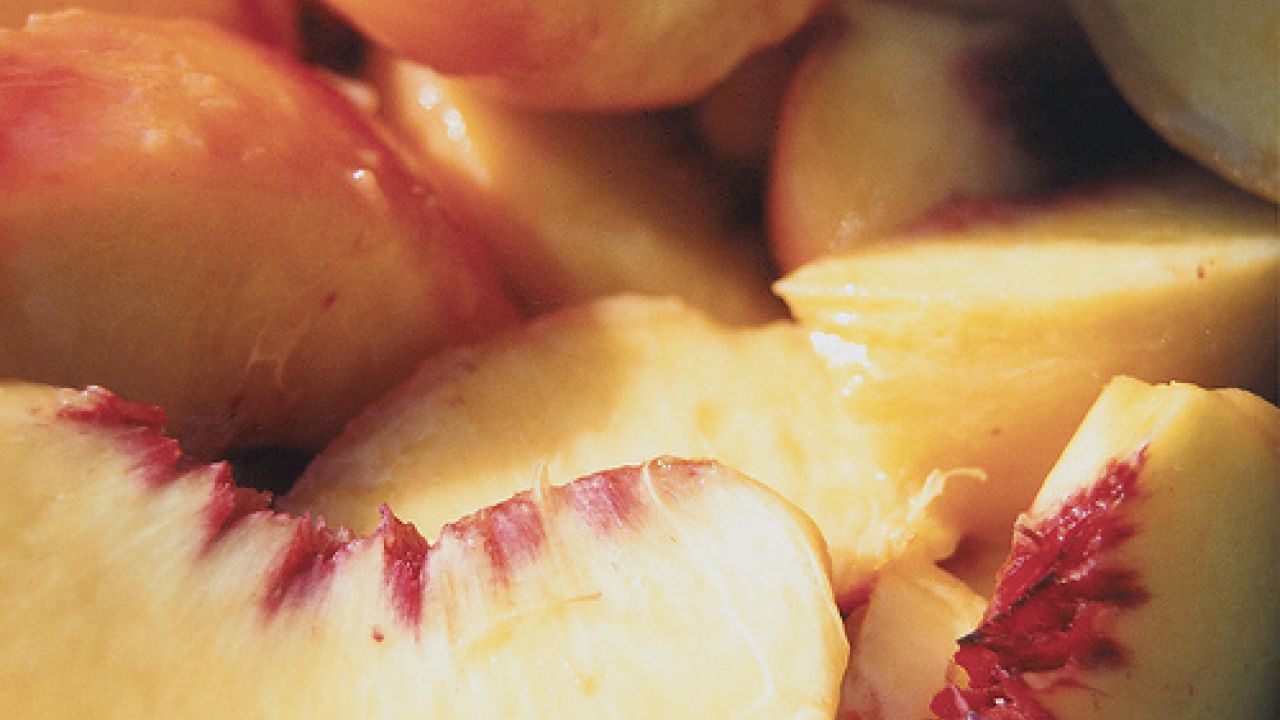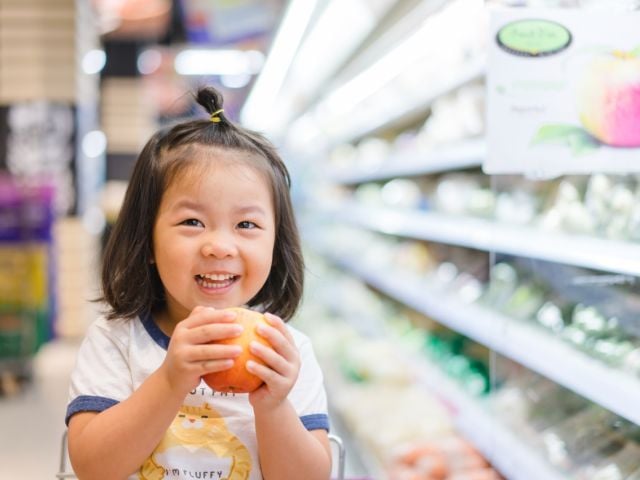
By Amy Rosenthal
Late summer produce harvest season is in full swing. Nothing should stand between you and all the peaches, berries, and tomatoes you can eat.
But when you're buying fruit for pies and corn to cook on the cob, don't forget about that old organic vs. conventional question.
Peaches top the list Peaches are number one on my list of favorite fruit, but unfortunately EWG's Shopper's Guide to Pesticides lists them as the "dirtiest" kind of produce. Researchers with the U.S. Department of Agriculture found that a single peach sample might test positive for as many as 9 different pesticides. Nearly all peaches examined had some kind of pesticide residue, including six pesticide compounds not approved for use in the United States.
A few other summer staples - nectarines, strawberries and cherries - are also on the Dirty Dozen list.
So what's a fruit lover to do?
- Buy organic if you can. Yes, those organic peaches are more expensive per pound, but especially if you're pregnant or feeding them to kids, they're a worthwhile investment. Exposure to toxic chemicals is especially risky for smaller, still-developing bodies.
- Minimize your risk other ways. Sweet corn, watermelon and tomatoes are all on EWG's "Clean 15" list, meaning they have the lowest levels of pesticide residue. When budgeting your produce dollars, you can feel better about buying the conventionally-raised versions.
- Take a trip to the farmers market. Buying local doesn't necessarily mean "pesticide free," but it does give you the chance to talk to the farmer and find out what kind of growing methods he or she uses. Small farms may not always be certified organic by the USDA, but often they use no or only small amounts of synthetic chemicals.
What about blueberries? You may have noticed that blueberries haven't been ranked by EWG, even on our full list of 47 types of produce. That's because the USDA program from which we take our raw data has only released one year's testing results for blueberries. That's just not enough data for us to analyze.
We hope we'll be able to add blueberries to the list sometime soon. In the meantime, EWG always recommends buying organic if you can (whether it's produce or other foods we haven't ranked, like milk and meat).
Want more EWG tips on what to eat? Check out #2 in our Healthy Home Tips Series - "Go organic and eat fresh foods."



